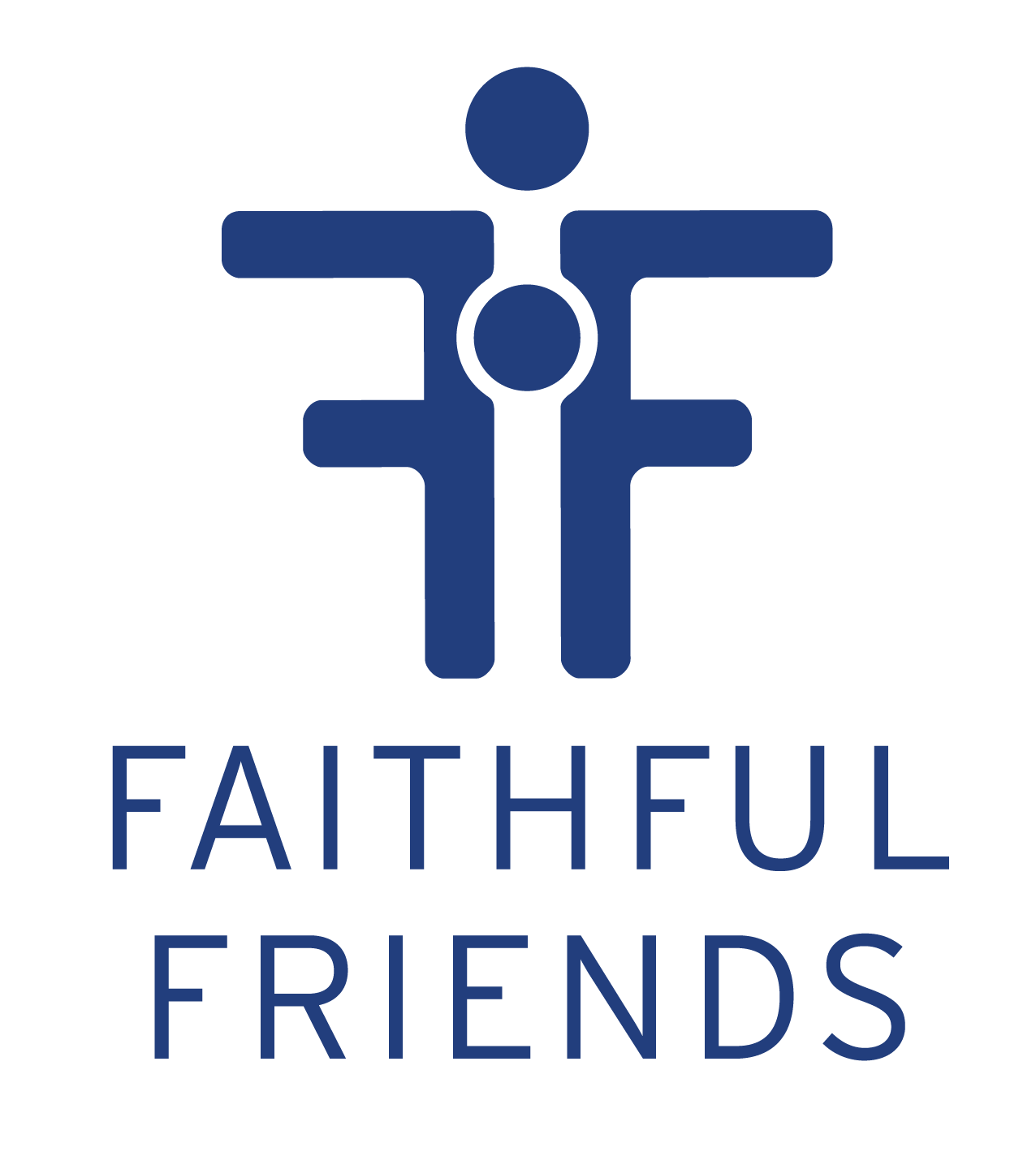Mental Health
The month of May is mental health awareness month and here in Oregon we’re not doing super well. The Mental Health Association ranked Oregon 47 out of 50 states when it comes to youth mental health services. The pandemic exposed an already existing problem with the youth in our community. We have more youth in crisis, yet less access to care.
This might not be new information to most as we’ve heard a lot over the last few years. Even the most healthy have taken hits during the COVID era, compounded with a divided national political scene, divided churches, families at odds, wars (and rumors of wars), environmental catastrophes and a city falling deeper into crisis with seemingly little going right for it.
In the middle of all of this, our Faithful Friends mentors have chosen to walk alongside children who may be living in circumstances that not only have these above-mentioned issues to navigate, but also challenges that may come from having a parent in prison, or parents stressed with their need to learn and fit into a new culture. From growing up in poverty with potential food insecurity, or in families challenged with generational addictions or domestic violence, we are called to be the hands and feet of Jesus. And we are blessed to do it. Grateful even!
We have heard many stories from our mentors who share with us what they are learning and how they are growing, even in the midst of, and possibly because of, the extra challenges their mentees face. Several mentors have shared with us how they are suffering too with loneliness or other mental health setbacks brought into further acuity since 2020. We are coming alongside them as much as possible to help, and they are working to find their own best resources to help them navigate life in more healthy ways.
Not to parrot an overused phrase, but we truly are all in it together.
A parent recently shared with us her observations on how her daughter is blossoming further after being matched:
“Thank you so much for being a stable, secure figure in her life... [she] asks about you constantly and looks forward to her time with you like I’ve never seen—she needs and craves what you’re so graciously and lovingly giving her. I actually feel safe with you too, which is something I rarely feel.”
Among our mentee children, an estimated 30-40% are in some kind of professional therapy. Our mentors are helping to alleviate some of these struggles, leading to an improved mental health state for both children and their parents or guardians.
A few weeks ago, the Washington Post and New York Times featured findings about youth mental health in the U.S. For an analysis, we recommend Holy Post episode 503 from early April. Jump to 26:43 to find these relevant conversations.
What other resources do you recommend? Leave your comments below. In this one-minute video, long-time mentor Tanya Williamson shares a few relevant tips.

